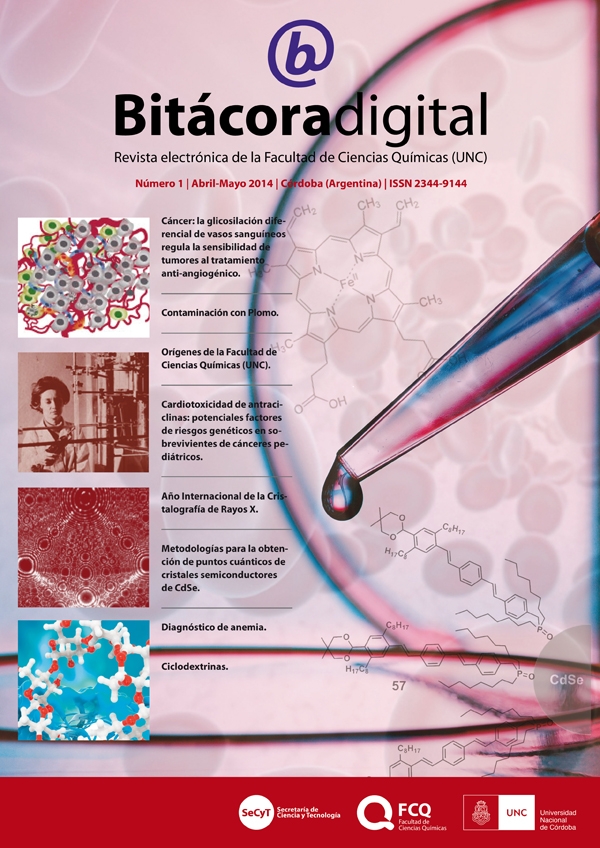La glicosilación diferencial de vasos sanguíneos regula la sensibilidad de tumores al tratamiento anti-angiogénico (Differential glycosylation of tumor-associated vessels dictates sensitivity to anti-angiogenic treatment)
Resumen
Existe actualmente un debate intenso acerca de los mecanismos moleculares que limitan la eficacia de terapias anti-angiogénicas en cáncer. Resultados recientes de nuestro laboratorio demostraron que las interacciones entre Galectina-1 (Gal1) y N-glicanos complejos presentes en el receptor de crecimiento endotelial tipo 2 (VEGFR2) compensan por la ausencia del factor de crecimiento endotelial (VEGF) y preservan la angiogenesis tumoral durante las terapias de bloqueo de este factor. De este modo, la interrupción de dichas interacciones contribuye a incrementar la sensibilidad a la terapia anti-VEGF y permite potenciar la respuesta inmune a través de la normalización de la vasculatura tumoral.
There is currently an intense debate on the mechanisms that contribute to limit the efficacy of anti-angiogenic therapies in cancer. Recent findings from our laboratory revealed that interactions between Galectin-1 (Gal-1) and complex N-glycans present in vascular endothelial growth factor receptor 2 (VEGFR2) compensate for the absence of vascular endothelial growth factor (VEGF) and preserve tumor angiogenesis in VEGF-targeted therapies. Thus, interruption of Gal1-N-glycan interactions may contribute to increase the efficacy of anti-VEGF therapies and to potentiate immune responses through normalization of tumor-associated blood vessels
Descargas
Número
Sección
Licencia
Licencia Creative Commons BY NC
Usted es libre de:
- Compartir — copiar y redistribuir el material en cualquier medio o formato
- Adaptar — remezclar, transformar y construir a partir del material
- La licenciante no puede revocar estas libertades en tanto usted siga los términos de la licencia
Bajo los siguientes términos:
-
Atribución — Usted debe dar crédito de manera adecuada, brindar un enlace a la licencia, e indicar si se han realizado cambios. Puede hacerlo en cualquier forma razonable, pero no de forma tal que sugiera que usted o su uso tienen el apoyo de la licenciante.
-
NoComercial — Usted no puede hacer uso del material con propósitos comerciales.

